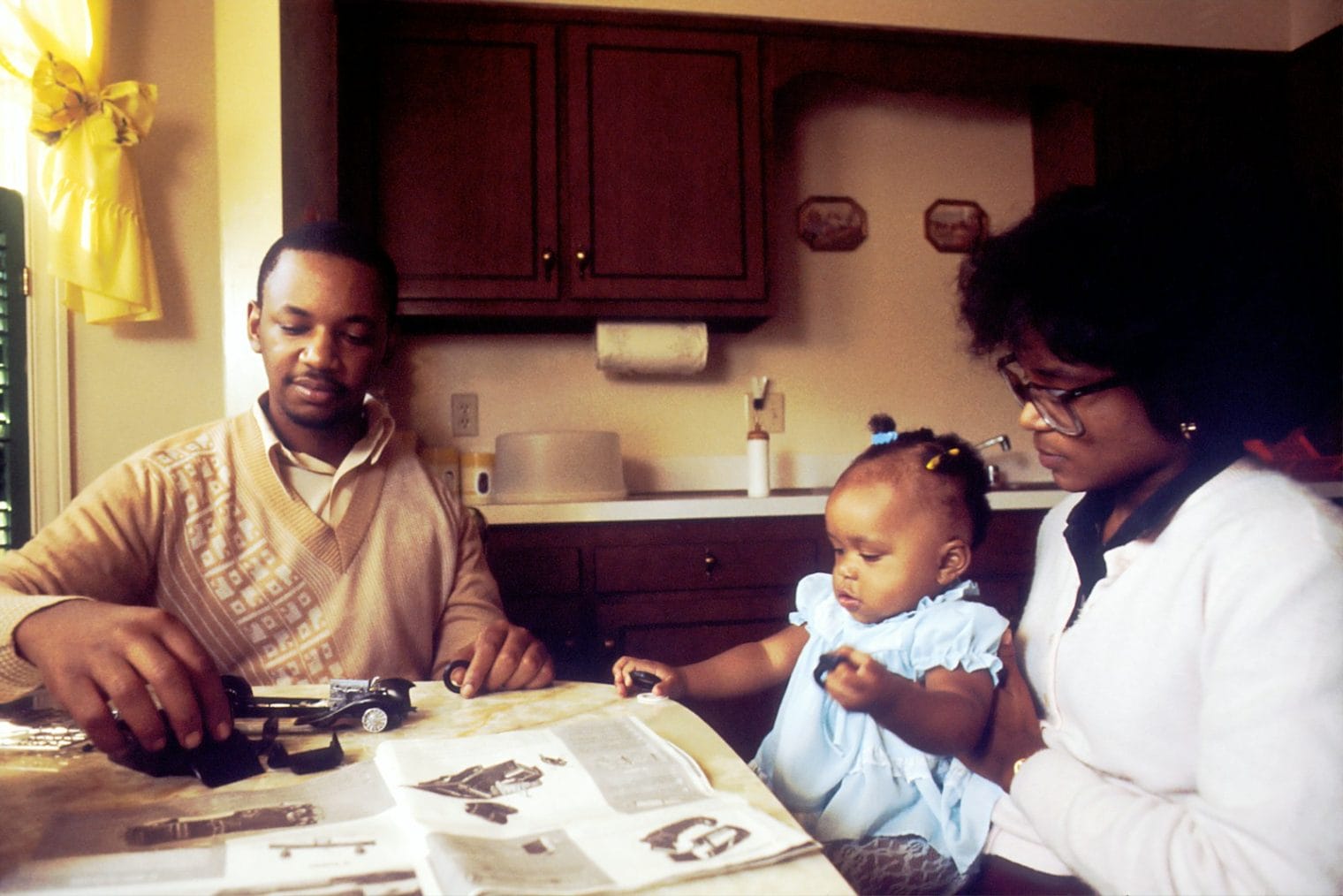I am really tired of articles about “workforce shortages” in mental health. The questions these articles pose, such as:
“How do we increase the workforce?”
And “Where are the mental health professionals?”
imply that:
1. This problem just happened randomly.
2. It would be solved if mental health professionals showed up.
Those are the wrong questions and the wrong conclusions.
My questions in response to the mental health workforce shortage?
1. Why have clinician wages stayed stagnant, despite exponential increases in mental health demand and record insurance company profits?
2. Why do MH employers continue to rely on “turn and burn” hiring strategies? They know they can give pre-licensed clinicians horrible working conditions and don’t care if they quit once they are licensed, because the next crop of new grads will be there.
3. Why do companies that offer few to no leadership opportunities for clinicians get surprised when clinicians are tired of being entry-level their entire careers and leave?
4. Why aren’t insurance companies being held accountable for actually providing high-quality services to both their customers and their provider networks?
If we stopped diverting blame from employers and insurance companies with meaningless pondering, we’d get to our answers a lot faster.
Laura Brassie, MA, LPC, ACS (she/her)

Laura is a multi-state licensed therapist with a decade of experience. She is the owner of Ivory & Pine Counseling, and is a clinical supervisor at SALT Wellness Group; both of which are located on the Colorado Front Range. She has provided therapeutic care in hospitals, schools, university counseling centers, nonprofits, mental health tech companies, and private practice. Laura is primarily a trauma specialist, working with clients who have experienced childhood trauma, sexual abuse, grief and loss, traumatic events, and religious trauma. She also loves working with clients who have anxiety disorders and OCD. In addition to therapy, she provides clinical supervision, business consultation, and speaking engagements, and offers an online course focused on working through burnout. Laura lives in the Denver Metro Area. Laura has graciously shared with us her resources and templates for therapists here.
This post was originally found on LinkedIn and reposted with the author’s permission.





Leave a Reply